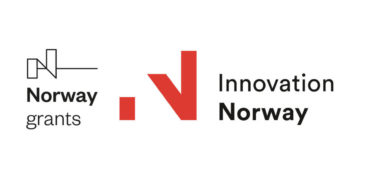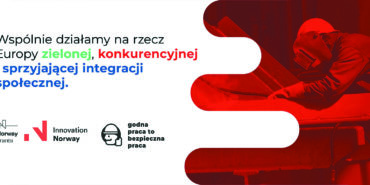What is the European Trade Union Confederation?
The European Trade Union Confederation – ETUC (European Trade Union Confederation -ETUC) is an organization representative of European trade unions, which has managed to combine the cross-industry and industry level. It was founded in 1973. In 1995, NSZZ „Solidarność” became affiliated with the ETUC and has been its full member since then (previously we had observer status).
The ETUC has a mandate covering a wide range of trade union and political demands. The mission of the ETUC is to bring about their implementation by working with the European Union, the Council of Europe, EFTA and employers’ organizations.
MAIN INSTITUTIONS OF THE ETUC
- CONGRESS – sets out the organization’s strategy and policy priorities. It elects the main leaders of the organization: members of the Executive Committee, the president, general secretary and deputy secretary general. Congress meets every four years.
- EXECUTIVE COMMITTEE – meets four times a year, decides on policies that should be in line with the strategy adopted by Congress. The Committee also defines the attitude of the ETUC towards employers’ organizations and the European Union. It also sets out the necessary trade union activities to support the demands and common positions of its members. The Committee also decides on the composition and mandate of the ETUC delegation responsible for cross-industry negotiations with employers.
- STEERING COMMITTEE – represents the ETUC in the bodies of the European Union and conducts negotiations with employers’ organizations. It consists of the chairman, the secretary-general, two deputy secretary-general and fifteen members elected by the Executive Committee.
- SECRETARIAT – responsible for the day-to-day management, preparation of work and implementation of decisions of various ETUC bodies. It is run by the secretary general with the assistance of his deputies and four confederal secretaries
Member organizations are also involved in ETUC activities by participating in the work of various committees and working groups dealing with the main policy areas of the ETUC. Other bodies are responsible for matters relating to specific groups of people. The ETUC produces independent expert opinions provided by its institutes.
- STANDING COMMITTEES, WORKING GROUPS and INTERREGIONAL TRADE COUNCILS – deal with ETUC policy areas, including issues related to labor relations, social policy, employment policy and education and training.
- WORKING GROUPS work on specific issues such as: economic democratization, environment, industrial policy, research and the working environment. The ETUC also sets up working groups to work on current affairs. They are composed of representatives of affiliated organizations appointed by these organizations.
- The Women’s Committee, the ETUC Youth, the European Federation of Pensioners and Older Workers (FERPA) and EUROCADRES (the management group) represent the specific interests of these groups. These bodies operate independently, but elaborate their political demands in cooperation with the ETUC Secretary. They are represented at Congress and the Executive Committee with the right to speak. The Women’s Committee also has the right to vote in both bodies.
- INTERREGIONAL UNION COUNCILS (ITUC) – are international structures operating independently of the ETUC, enabling cooperation between trade unions of different countries. The main areas of their activity are: structural policy and regional development, issues related to the labor market and social insurance. The councils are officially recognized as representative union bodies in the border regions and have observer status in the ETUC Executive Committee.
Source: http://www.solidarnosc.org.pl/dzialalnosc-miedzynarodowa/organizacje-miedzynarodowe/ekzz




